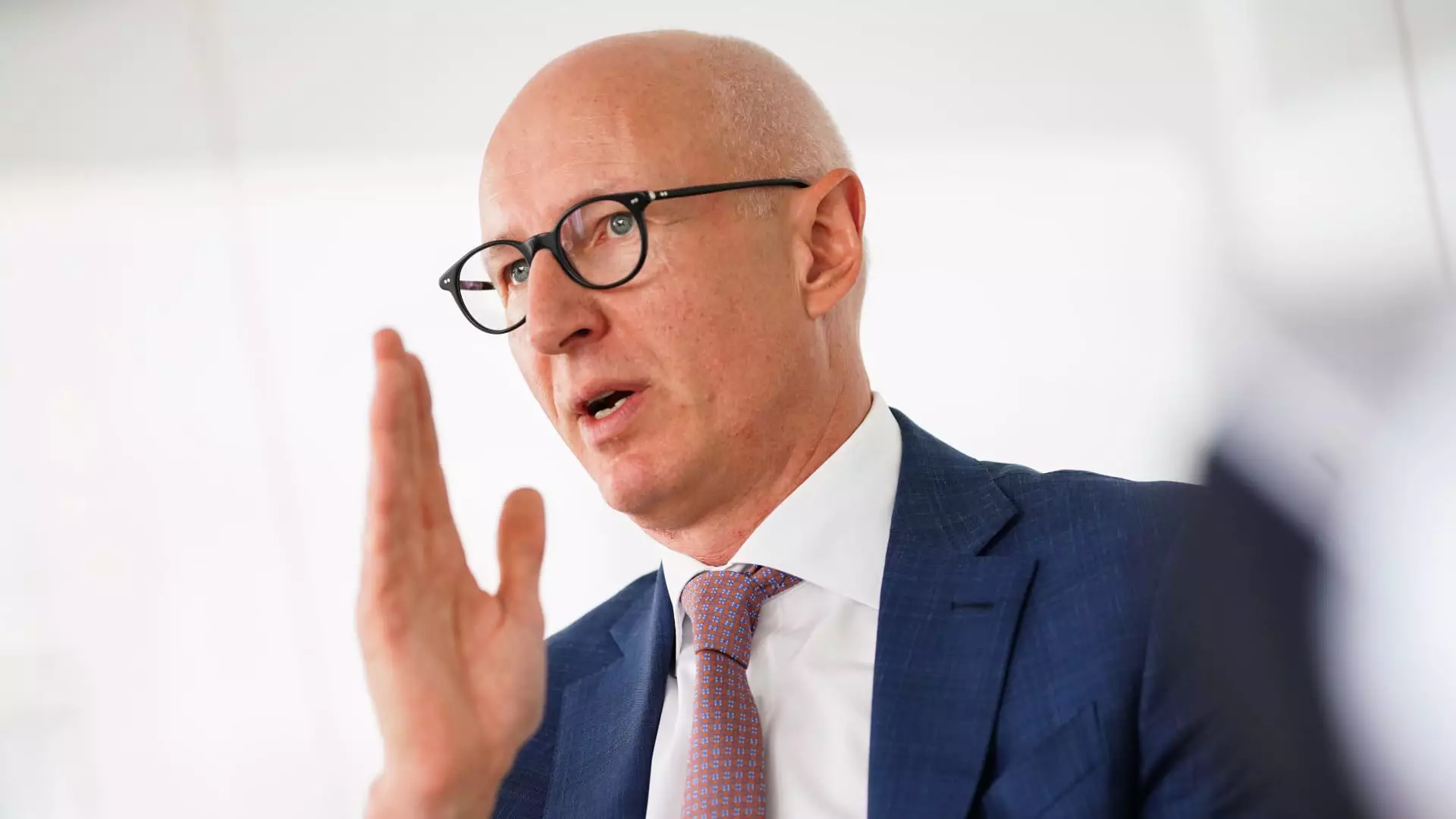The landscape of diabetes and obesity treatments has dramatically shifted with the emergence of Novo Nordisk’s drugs, particularly Wegovy and Ozempic. These medications, designed to assist in weight loss and regulate blood sugar, have garnered a significant following in the United States. As patient demand escalates, the prices of these treatments have sparked an intense debate regarding the ethics of pharmaceutical pricing practices. With reports indicating monthly costs nearing $1,000 for Ozempic and a staggering $1,350 for Wegovy before insurance, the conversation around accessibility and fairness has become increasingly urgent.
On Tuesday, March 7, 2023, Lars Fruergaard Jørgensen, the CEO of Novo Nordisk, is set to face a crucial Senate hearing conducted by the Health, Education, Labor and Pensions Committee. This follows an investigation spearheaded by Senator Bernie Sanders, who has voiced concerns about the stark contrast in prices charged to American patients compared to those in other countries. For context, patients in Germany can obtain Ozempic for a mere $59, while Wegovy is available for about $92 in the UK. These figures highlight the considerable discrepancy in the pharmaceutical pricing landscape, raising questions about the rationale behind such exorbitant costs for American consumers.
Further complicating the issue, Sanders disclosed insights from CEOs of major generic pharmaceutical firms who asserted that they could profitably market an alternative to Ozempic for under $100 a month. This assertion underscores the persistent absence of generic options for these life-altering medications in the U.S. market. Despite the impending demand, the lack of affordable alternatives exacerbates the financial strain on patients and the healthcare system at large.
It is critical to analyze the implications of Medicare and insurance companies’ reactions to these rising healthcare costs. Many insurers have established stringent criteria to control the expenditures on weight-loss drugs, with some opting to eliminate coverage for these treatments altogether. The situation is particularly dire for Medicare beneficiaries, as the program does not currently reimburse for weight-loss medications unless explicitly prescribed for another health condition. As the cost of medications outpaces the growth of Medicare budgets, pressure mounts for reforms that can enable more Americans to access necessary treatments without incurring crippling debt.
This Senate hearing takes place against a backdrop of broader legislative efforts to manage soaring healthcare costs, with both Democratic and Republican lawmakers aiming to put a leash on the rising prices stemming from pharmaceutical companies. A fact sheet released by the White House emphasizes that Americans pay two to three times more for prescription drugs compared to their counterparts in other developed nations. By scrutinizing pricing structures and emphasizing negotiations, lawmakers hope to make strides toward a more equitable healthcare system.
Analysts project alarming figures, suggesting that if half of all Americans utilized Novo Nordisk’s weight-loss drugs, the U.S. healthcare system could see costs balloon to an astounding $411 billion annually—outstripping the total spending on all prescription medications in 2022. Notably, in that same year, Medicare alone spent $4.6 billion on Ozempic alone, further illustrating the looming crisis posed by skyrocketing drug prices.
The findings of this investigation and the outcomes of the Senate hearing will have ramifications beyond the immediate delineation of drug pricing. The stakes are high for millions of Americans struggling with obesity and diabetes. As Jørgensen prepares for questioning, the contours of the pharmaceutical pricing debate invite scrutiny, bringing ethical considerations to the forefront of the healthcare reform dialogue in the United States.
The hearing represents a moment of reckoning for big pharma, as lawmakers, patients, and advocacy groups coalesce to demand fair pricing practices for life-altering medications. Navigating the complexities of healthcare costs necessitates a cooperative approach, one where the interests of patients are prioritized over profits. The outcome of these discussions will undoubtedly shape not only the future of Novo Nordisk but also the broader pharmaceutical industry in America.

Leave a Reply